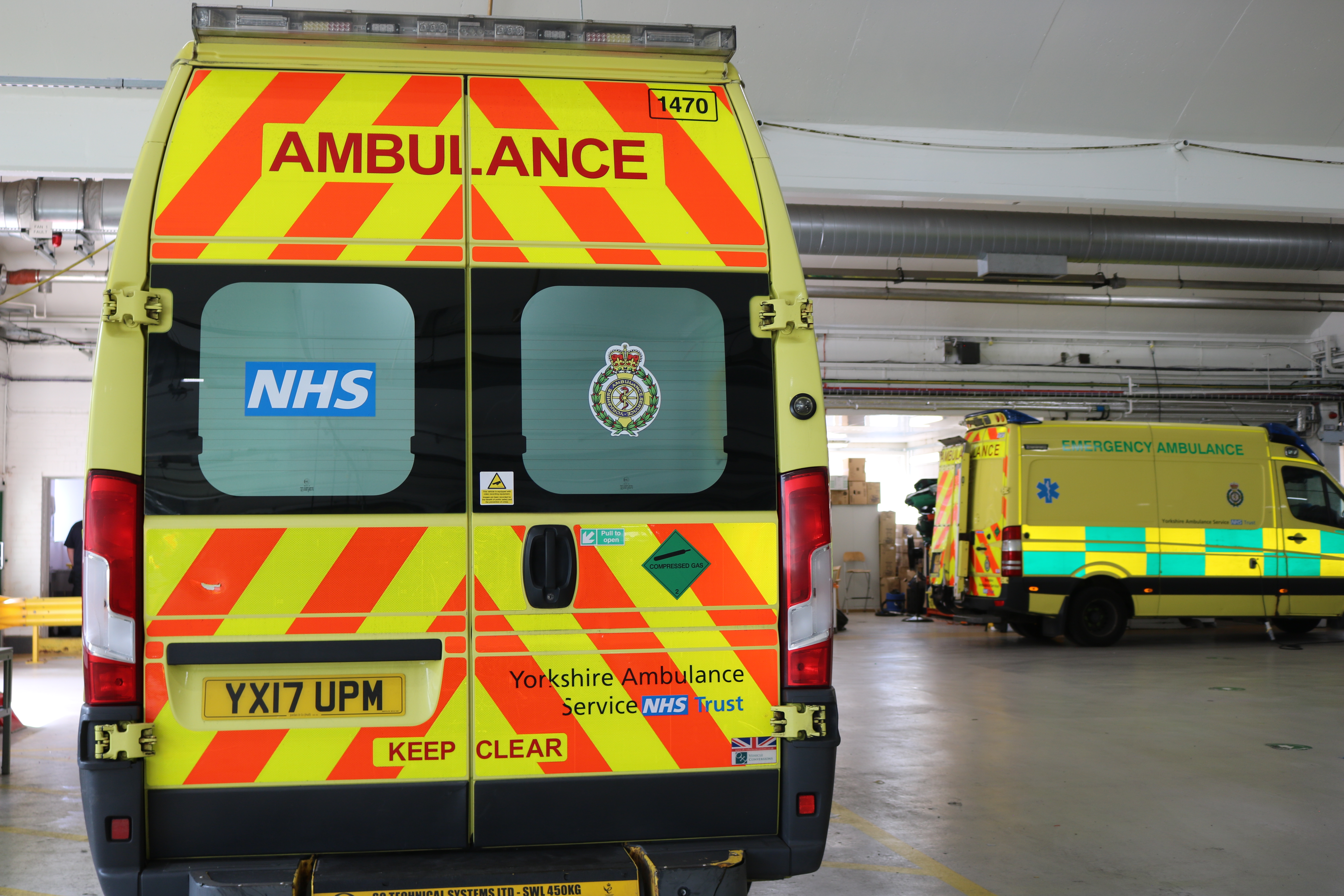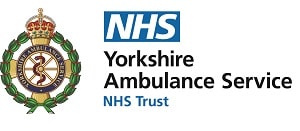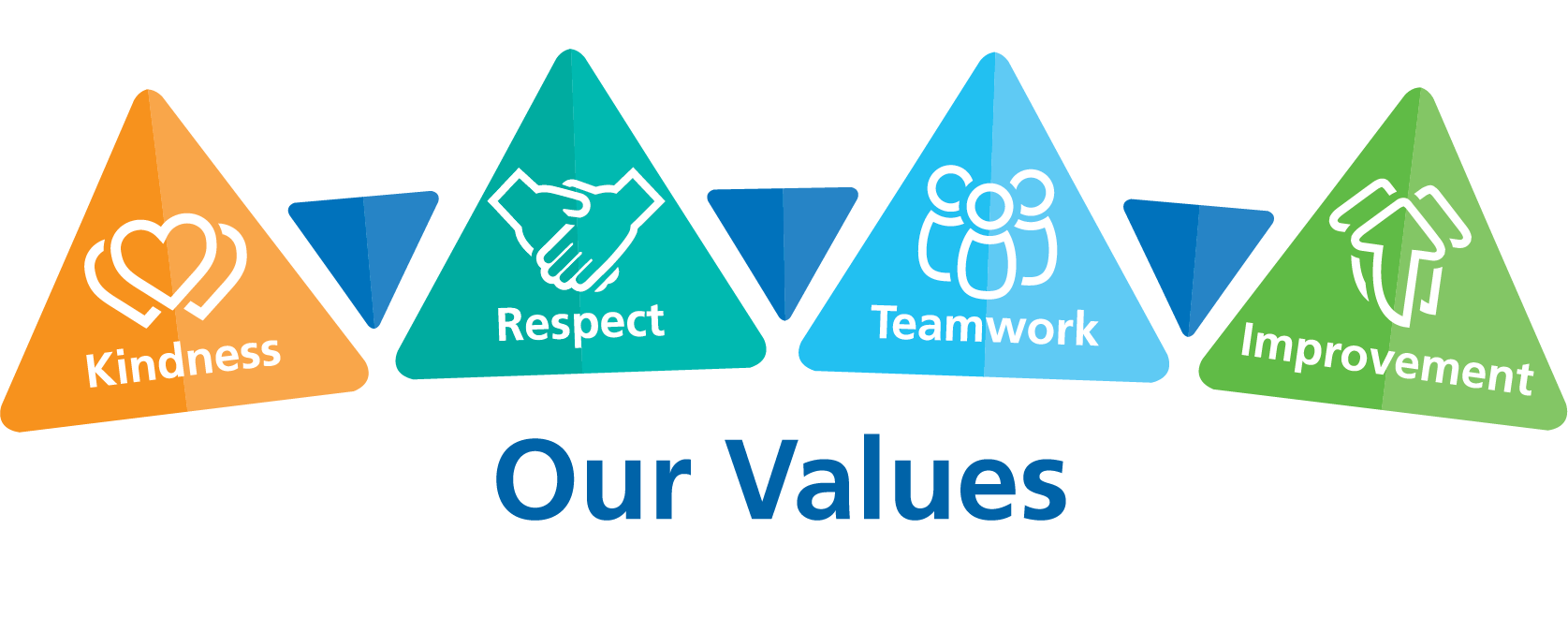Ambulance service plea ahead of Euros
13 June 2024

Yorkshire Ambulance Service is appealing to the public to stay safe during the UEFA Euro 2024 football tournament which kicks off on Friday 14 June.
Alcohol-related incidents are expected to increase, particularly during England’s first match against Serbia on Sunday (16 June), and further group games against Denmark on 20 June and Slovenia on Tuesday 25 June.
Unfortunately, excessive drinking increases incidents of assaults, including those against ambulance staff, domestic violence and other alcohol-related call-outs.
Nick Smith, Chief Operating Officer for Yorkshire Ambulance Service, said: “We want football supporters to enjoy the Euros but we know that heightened emotions and excessive alcohol consumption puts additional pressure on our services.
“Please be responsible if you’re drinking alcohol and please don’t drink so much that you need our help and take away resources from people who are suffering from a life-threatening injuries or illnesses.
“Unfortunately, our staff are often on the receiving end of abuse and violence during major football tournaments. This is totally unacceptable in any form and we will use the full force of the law to prosecute anyone who uses violence against our staff. Please treat them with the respect they deserve.”
Tips for a safe night out:
- Eat before drinking; if your stomach is empty when you start drinking, the alcohol will enter your bloodstream faster.
- Have a soft drink or water between alcoholic drinks to slow the rate of your drinking.
- Keep away from hostile situations. If there is a fight or an argument, stay out of it and get help from bouncers or the police.
- Stick with your mates and look after each other; there’s safety in numbers.
- Plan a safe way of getting home, either by designating a non-drinking driver or booking taxi beforehand – don’t leave it to chance.
If someone is seriously ill or injured and their life is at risk, they should call 999 immediately. For anyone with less serious illnesses or injuries, they should consider:
- self-care
- local pharmacy
- calling NHS 111 or visiting 111.nhs.uk
- GP surgery
- urgent treatment centre
- making their own way to the emergency department.
Produced by: Corporate Communications Department

